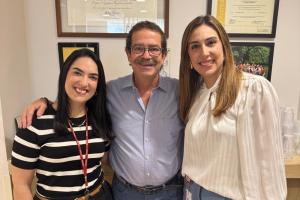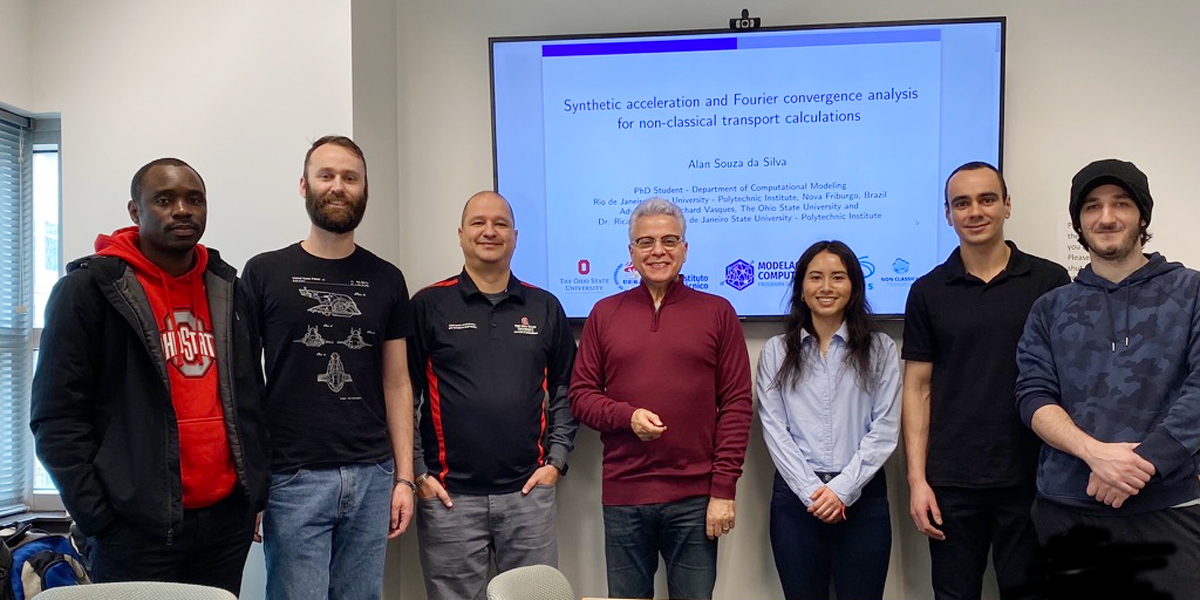Four Ohio State faculty members have been awarded funding through Brazil’s prestigious National Council for Scientific and Technological Development (CNPq). Granted as part of the "Support for Network Projects with Brazilian Researchers Abroad" program, the funds will support collaborative research efforts between Ohio State and leading institutions in Brazil.
CNPq, a government agency dedicated to advancing science and technology in Brazil, announced the final list of approved projects. These collaborative projects are designed to foster innovation and scientific exchange between Brazil and the United States.
Awarded projects:

- Novel Chimeric Antigen Receptor (CAR) designs: strategies to improve CAR constructs (CAR-T lymphocytes and CAR-Natural Killer cells) and their application and comparison in in vitro models
Dr. Marcos de Lima, The James – The Ohio State University Comprehensive Cancer Center, in partnership with Nelson Hamerschlak and Lucila Kerbauy, Albert Einstein Israelite Hospital.
Award: BRL 450,000 ($78,000) - Study of analytical and numerical computational electromagnetics methods assisted by artificial intelligence and their applications in engineering problems
Fernando Teixeira, Department of Electrical and Computer Engineering, in partnership with Guilherme Simon da Rosa, Universidade Estadual Paulista.
Award: BRL 258,500 ($45,000) - Computational modeling of non-classical neutral particle transport
Richard Vasques, Department of Mechanical and Aerospace Engineering, in partnership with Ricardo Barros, Universidade do Estado do Rio de Janeiro.
Award: BRL 416,777 ($72,000) - Early Detection of Dental Caries: Development of a Neural Network Algorithm Based on Clinical Data and Quantitative Light-induced Fluorescence (QLF) Images
Andrea Zandona, College of Dentistry, and Yuan Xue, Department of Biomedical Informatics, in partnership with Marília Afonso Rabelo Buzalaf, Universidade de São Paulo.
These partnerships reflect the growing international collaboration between Ohio State and Brazil’s scientific community. The CNPq funding ensures that these innovative projects will continue to strengthen global research networks, advancing knowledge in critical areas of science, medicine and technology.
